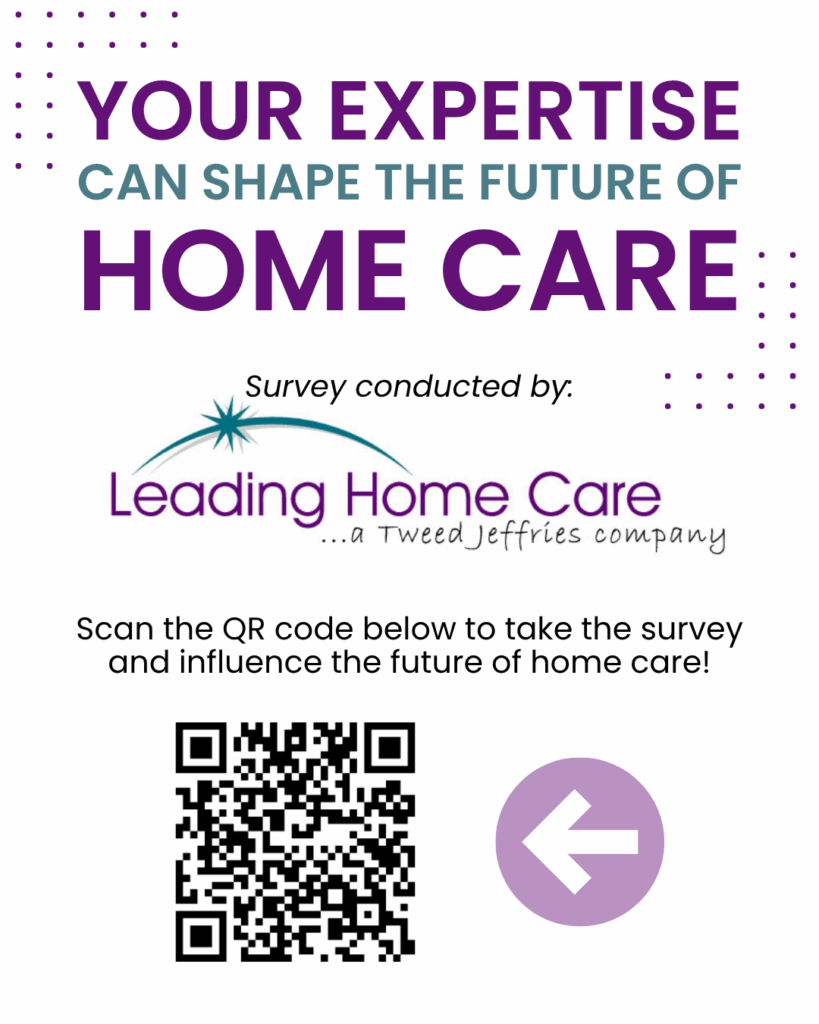Americans are not very happy, and for good reason.
According to a new report from Arizona State University’s W. P. Carey School of Business, more people are dissatisfied than ever before. The number of households experiencing “customer rage” jumped from 60% to 68% between 2011 and 2013.
 The study showed that more people are expressing their rage by yelling and cursing at the customer service representative. Yelling rose from 25% to 36% and cursing rose from 7% to 13%.
The study showed that more people are expressing their rage by yelling and cursing at the customer service representative. Yelling rose from 25% to 36% and cursing rose from 7% to 13%.
Everyone in business realizes the importance of good customer service. Solve a problem and you create a loyal customer who will tell 10 to 16 others about your company. Fail to make customers happy and you’ve made enemies who will each tell an average of 28 people about their terrible experience.
It turns out that bad customer service is worse than no customer service. People who receive poor response become 12% less brand loyal than if they didn’t bother to complain at all. Read the Story.
What does this have to do with Private Duty Home Care?
This trend across the country suggests that your office staff are taking more abuse from clients and family members than ever before. Often, it is your scheduling coordinator who takes those calls.
We also know that the Scheduling Coordinator is the most burn-out prone position in your company. Your scheduling coordinator is more likely to quit because of job burnout than anyone else on your staff.
What are the causes?
The report blames poor execution. Many companies are “doing all the right things the wrong way,” it said. The investment in complaint-handling has not kept up with customer expectations. It ranges from how they do their training, to the various policies they put in place and bad use of technology.
“The No. 1 thing people want is to be treated with dignity and courtesy,” said Jack Wilkie, chief marketing officer with customer service training company NOVO 1, which conducted the survey. “People also want that representative to be knowledgeable, helpful, friendly and patient.”
Five things you can do
- Track every complaint that comes in. Follow up to see that each complaint is handled quickly and effectively.
- Hold regular review sessions with your office staff to review complaints, identify trends, and work on solutions.
- Provide training to office staff on phone techniques such as taking inquiries, scheduling in-home assessments, and handling complaints.
- Develop policies and procedures that make it easy for office staff to provide exceptional service and solve problems quickly and effectively.
- Check in with your schedulers regularly to assess their stress level. Take action before they burn out and quit on short notice.
The goal, of course, is to get the problem solved. But callers also want an apology, and a lot of people don’t get it. The survey found that when companies added a remedy, such as an apology, customer satisfaction doubled.
And, if a problem is not handled to their satisfaction people are more likely to talk about it on social media. That behavior has nearly doubled, from 19% in 2011 to 35% in 2013.
What is your experience with “Customer Rage” in home care?
What have you done to prevent or correct the problem?



